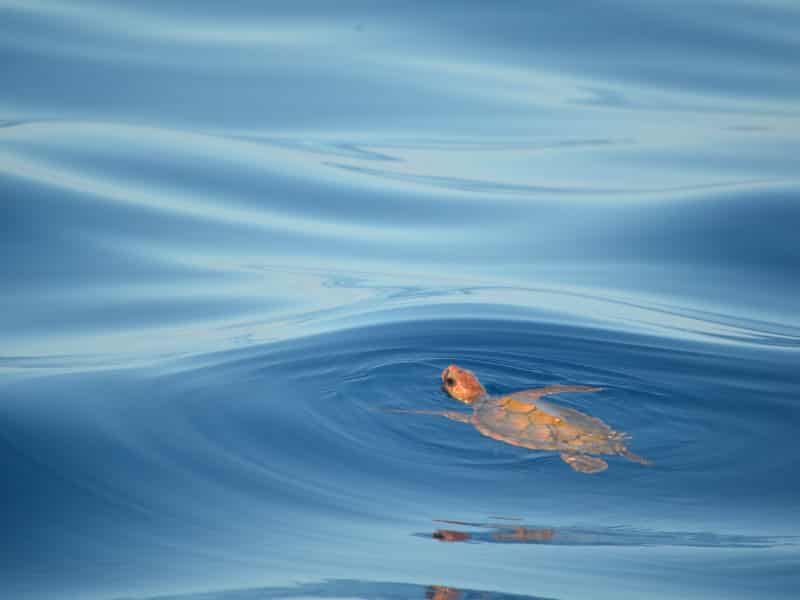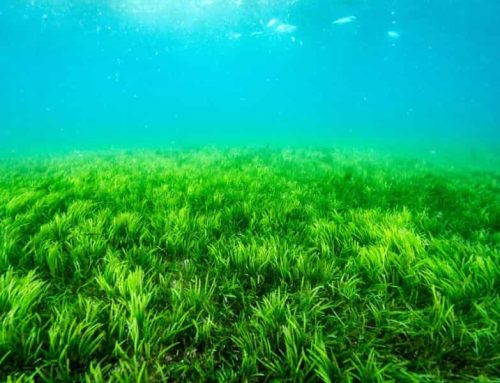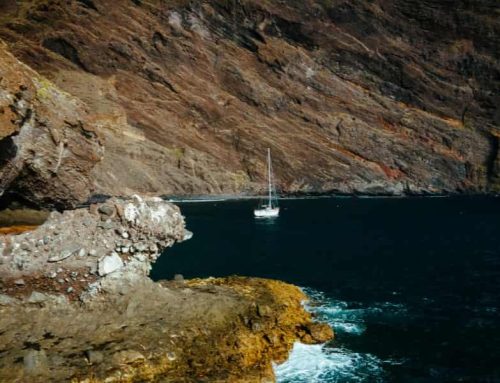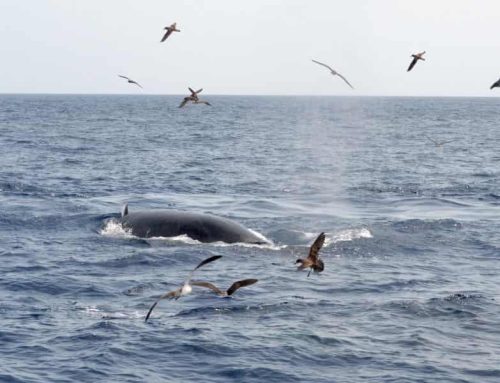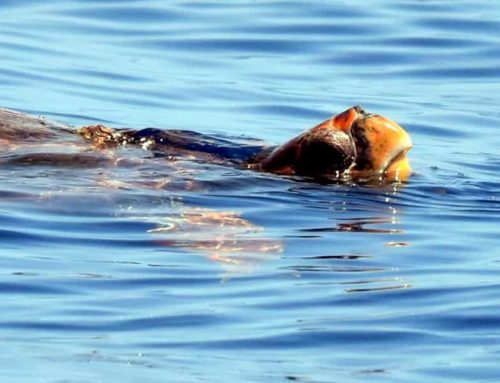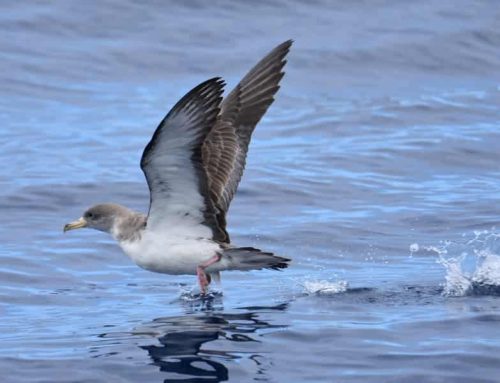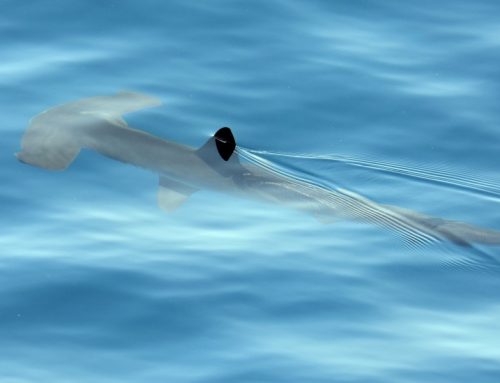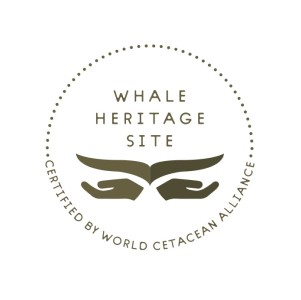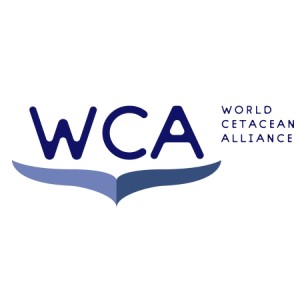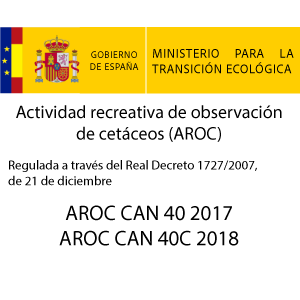Reasons Why We Should Protect Our Oceans
Committed to all quality standards.
Oceans comprise the largest extensions of water on Earth, besides being the natural habitat of countless species. This makes them one of the most important environments for the preservation of life on Earth.
However, up to a third of marine biodiversity is being currently threatened by the effects of overfishing, climate change and acidification of the seas.
There are countless reasons to reinforce the preservation of life in the oceans. Some of the most relevant are presented below.
Oceans make Earthly life possible
Those immense water bodies are natural regulators of carbon dioxide, as they absorb part of the CO2 emissions that otherwise would go up to the atmosphere. This helps lower the greenhouse effect.
In addition, they play a vital role in the water cycle, since they provide the necessary humidity for much of the rainfall on the planet.
Those large water bodies are of utmost relevance in the planet’s biodiversity, what guarantees food for almost 400 million people. So their conservation becomes essential for human life.
As if that were not enough, the oceans are home to more than 200,000 different species, including chelonioids, cetaceans, corals and different types of fish, mollusks and invertebrates.
Moreover, up to a quarter of the marine fauna is found in the great reef barriers, which explains the crucial role they play in biological diversity.
Ecotourism may become a profitable activity
Environmental tourism (aka green tourism or ecotourism) is a relatively modern business that creates new sources of employment. Furthermore, it ensures the conservation of wildlife in its different habitats. In Spain, a good example of ecotourism are some whale watching ventures in Tenerife, such as the Picarius Sailing Club.
This sea tourism agency offers trips for whale and dolphin watching in Tenerife, and has become quite popular among tourists. They also play a double role, creating consciousness and educating visitors about the life of different local marine species, such as the Scopoli’s shearwater (Calonectris diomedea), the loggerhead sea turtle (Caretta caretta) or the short-finned pilot whale (Globicephala macrorhynchus).
Agencies that operate in the ecotourism business always team up highly qualified personnel, such as biologists, marine guides and experienced sailors.
This means that besides enjoying a sail trip to see whales in Tenerife, tourists will have the confidence of traveling with a team trained to protect the sustainability of aquatic fauna.
Natural protection barriers
Coral reefs, mangroves and seagrass meadows that only grow in salt water are among the most important maritime habitats. Neglecting ocean protection means putting such ecosystems at risk.
They act as coastline protection in more than one way. First of all, they provide oxygen generation, and second, they provide a habitat for different types of fish. If that wasn’t enough, they also offer a natural barrier that could reduce the effects of sea waves and storms on dry land.
Taking care of the oceans ensures the survival of such spaces, since they minimize the influence of climate change. However, sea pollution has a direct impact on reef bleaching and water acidification.
Preserve biodiversity
A worryingly 12% of marine species are in danger of extinction. Although this could seem of little concern to many people, the disappearance of such a large portion of the marine fauna would affect the human being in a direct or indirect way. Contamination of the oceans with plastic garbage is considered the main threat to sea life.
To reduce the impact of tons of waste going to the oceans every day, specialists recommend avoiding the use of plastic disposable containers in favor of returnable or recyclable ones and choose those made of biodegradable materials, like cellulose-based cartons or natural fibers.
According to statistics analysis made by the UN, there is no time to lose: by the year 2050 the amount of plastic in the oceans will be equal to or greater than that of fish if no immediate action is taken to reduce trash dumping.
Economic considerations
Caring for the oceans represents a long-term investment in financial terms that has been estimated at around 24 billion dollars a year. Sustainability not only guarantees the survival of marine species but also keeps an invaluable source of food from small-scale fishing, and creates a wide range of related jobs.
So, it’s not just about tourism. It is also estimated that more than 300 million jobs currently depend upon the sea, so the conservation of these habitats is also considered as a way of life altogether.
Awareness is the key
Caring of the oceans depends to a great extent on citizen education. So public information and environmental consciousness play an essential role towards the development of sustainable practices, such as the preservation of coastal environments.
Beach cleaning and sustainable fishing practices are strategies that every nation should carry out, and it will soon be clear that small actions can produce big changes.

